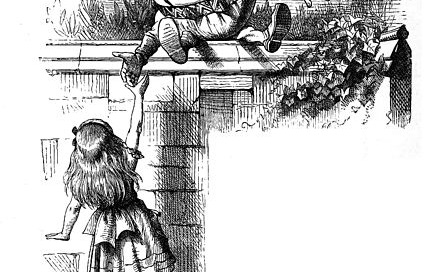Dear Gentle Readers,
I know I often start my announcing that this post will be short for this, that, or the other reason. This week: due to a combination of giant dehumidifying machines (apartment flood next door got under my floors), ongoing construction outside my office window, and health stuff, it’s been a hard week to focus, or even to hear myself think.
I have, however, done some decent reading, including my first read of a Shirley Hazzard novel, Transit of Venus (you can find a plot summary here or on Wikipedia, as I’m not going to summarize it here). With a recent re-issue of the book and its championing by a few popular contemporary writers, and a biography of the author that came out just this past November, I think there’s a bit of a Shirley Hazzard revival going on. And she is very good.
There are some stylistic things in this elegant novel that in another writer I would call precious. In fact, Hazzard has her characters articulate inarticulate emotions constantly and in an impossibly articulate way. Every character, even the most selfish and immature, seems able to reflect on their experiences and their own motives and reactions with an impossible maturity and clarity. I seem to recognize this self-analysis from generations of Hazzard’s conscious or unconscious imitators. But while I noticed it, I don’t really mind it here, where I guess she is the original. It comes across mostly as thoughtful rather than precious.
This thoughtfulness, and the impeccable writing style of characters as well as writer, and the references to literature that run throughout characters’ dialogue with each other, reflect more than author putting herself (maybe excessively) into every character. It’s also the result of both author and characters having been through a classical education, not necessarily a privileged one. An education involving strict grasp of the rules of grammar, cultivation of an extensive vocabulary, sophisticated use of metaphor, idiomatic expressions and analogies, and an expectation students will express complex ideas in clear, complex sentences from a young age (ages and levels of education at which few teachers now expect a student to come up with an articulate written thought!).
All of this results less from discipline and punitive pedagogy, and more from lots and lots and lots of reading.
Keep reading with a 7-day free trial
Subscribe to Live More Lives to keep reading this post and get 7 days of free access to the full post archives.



